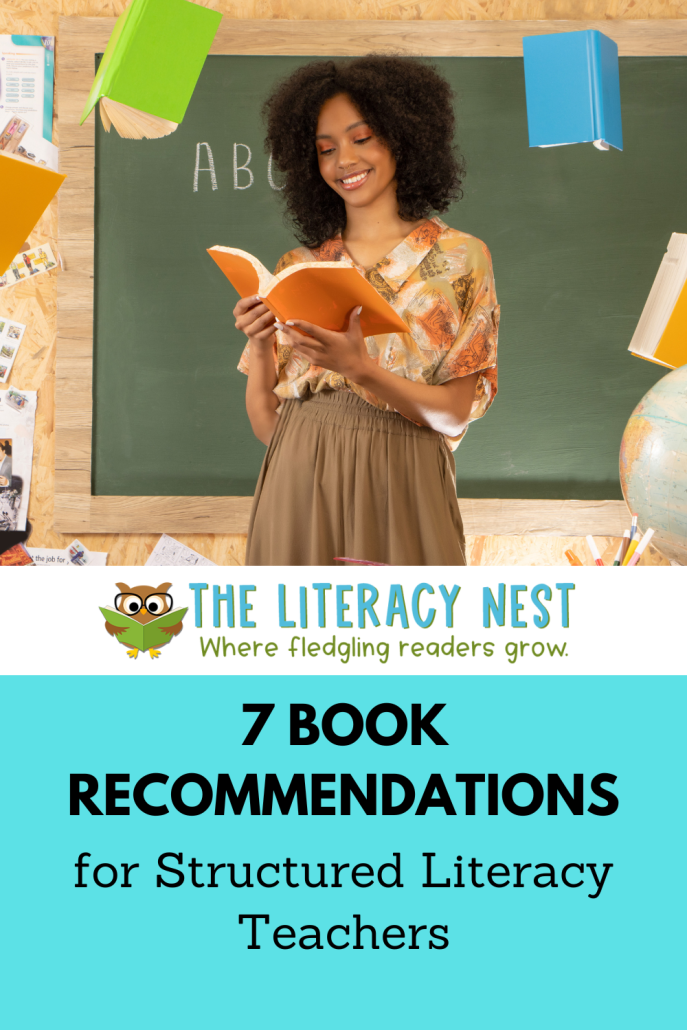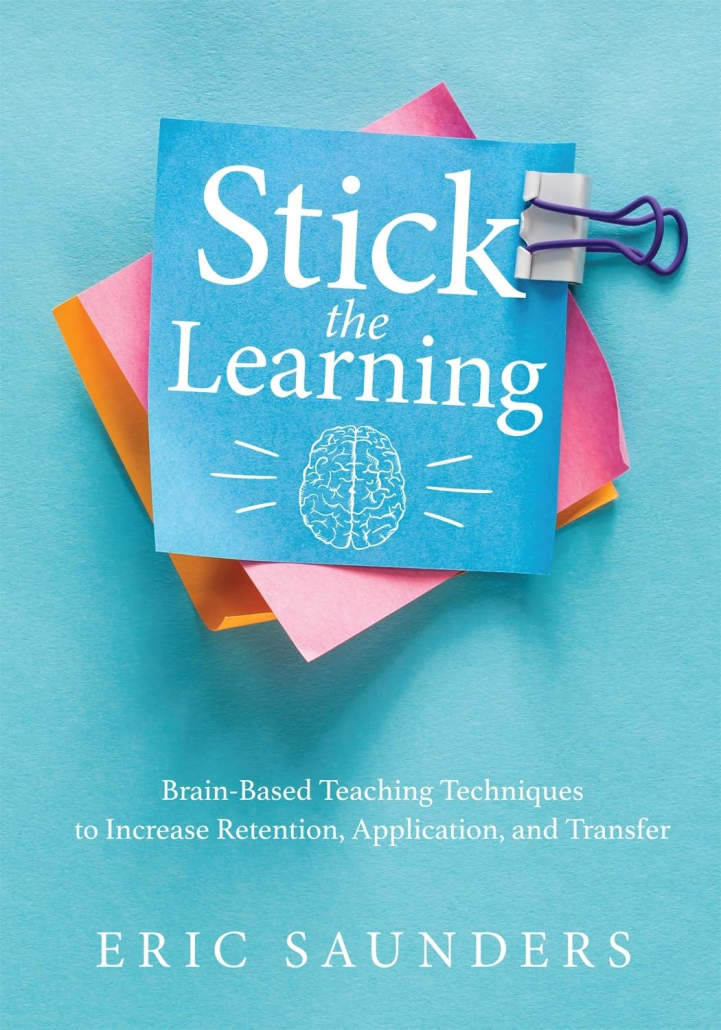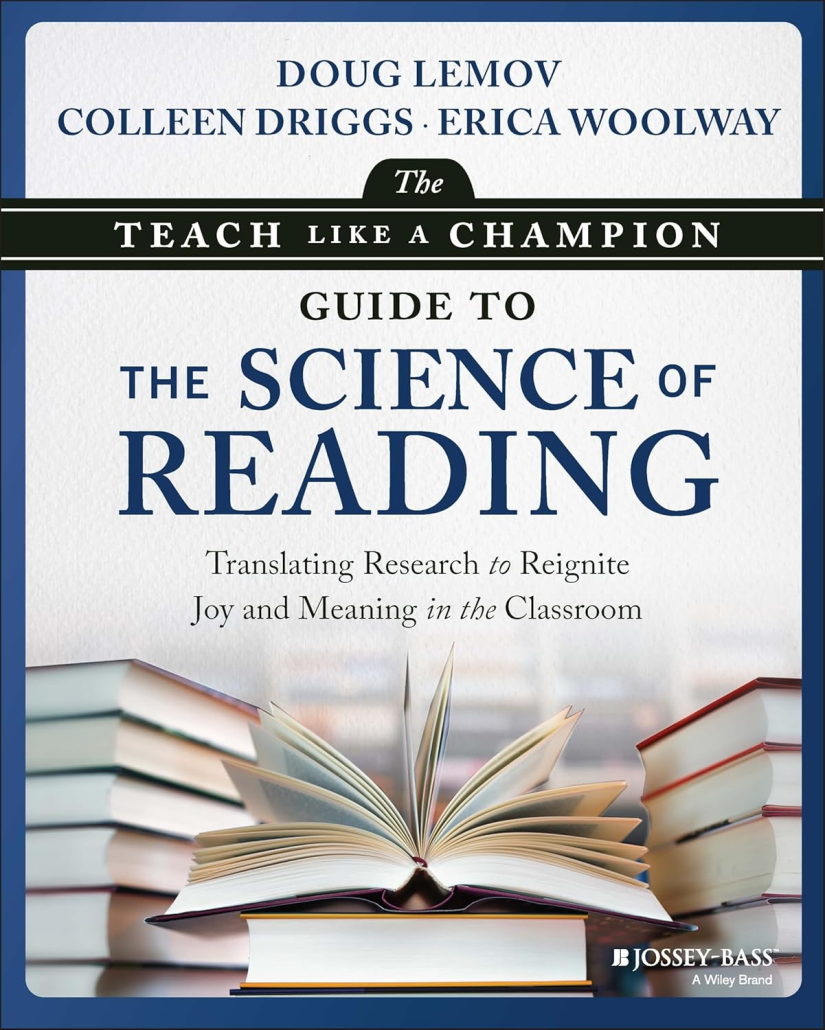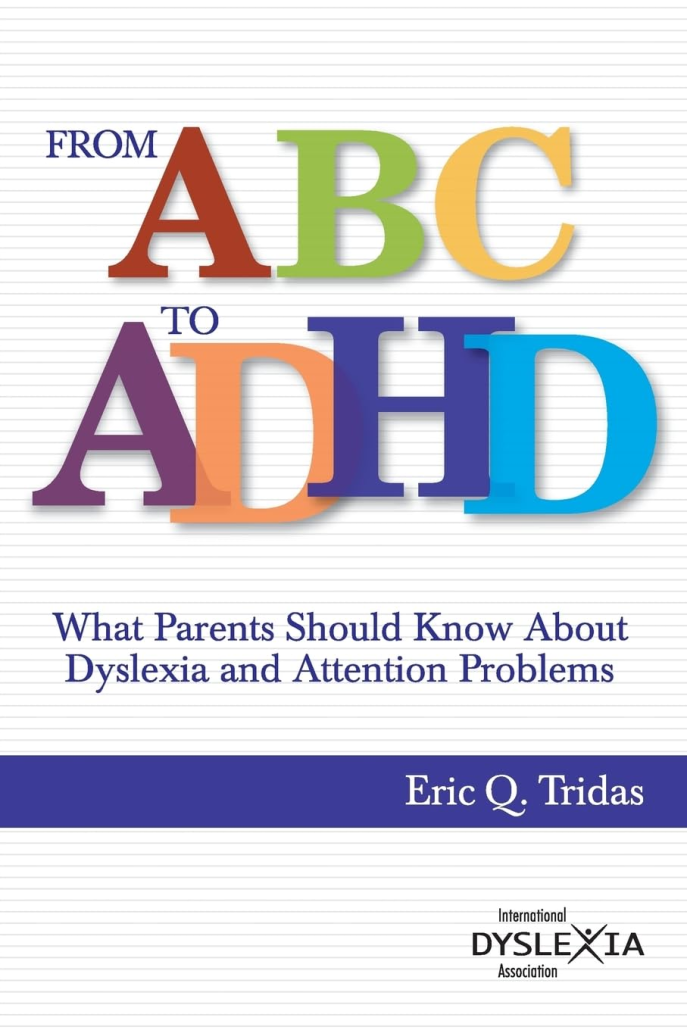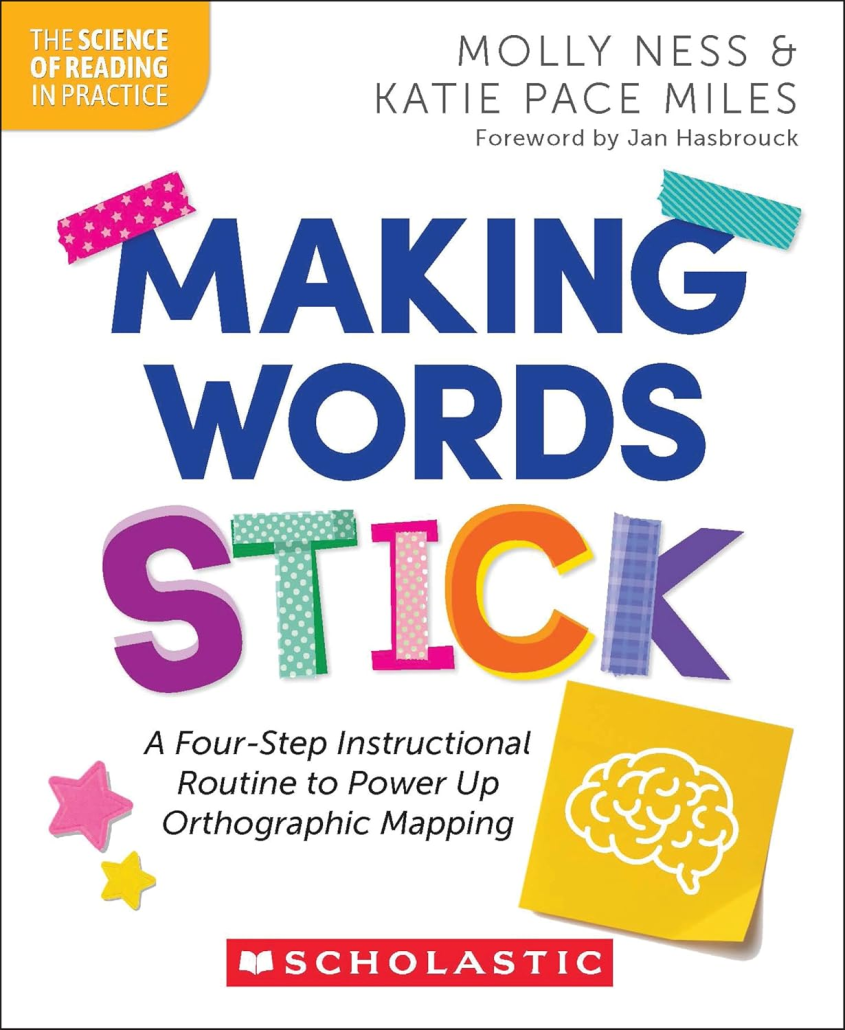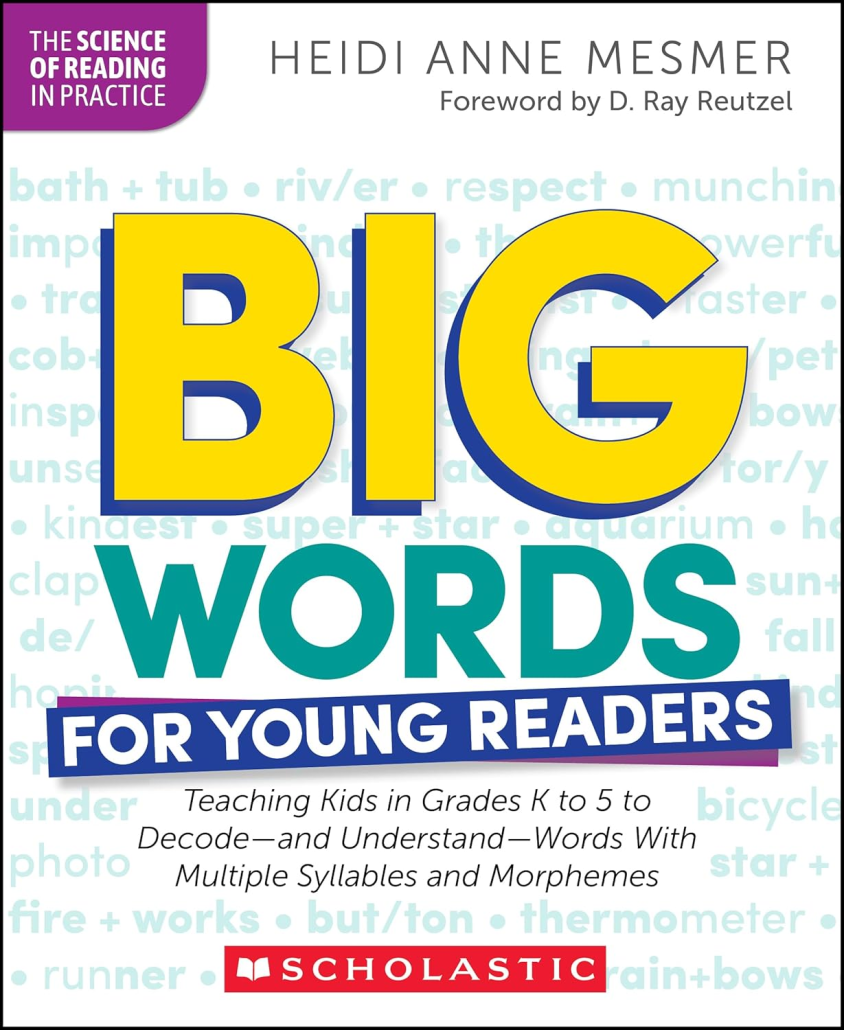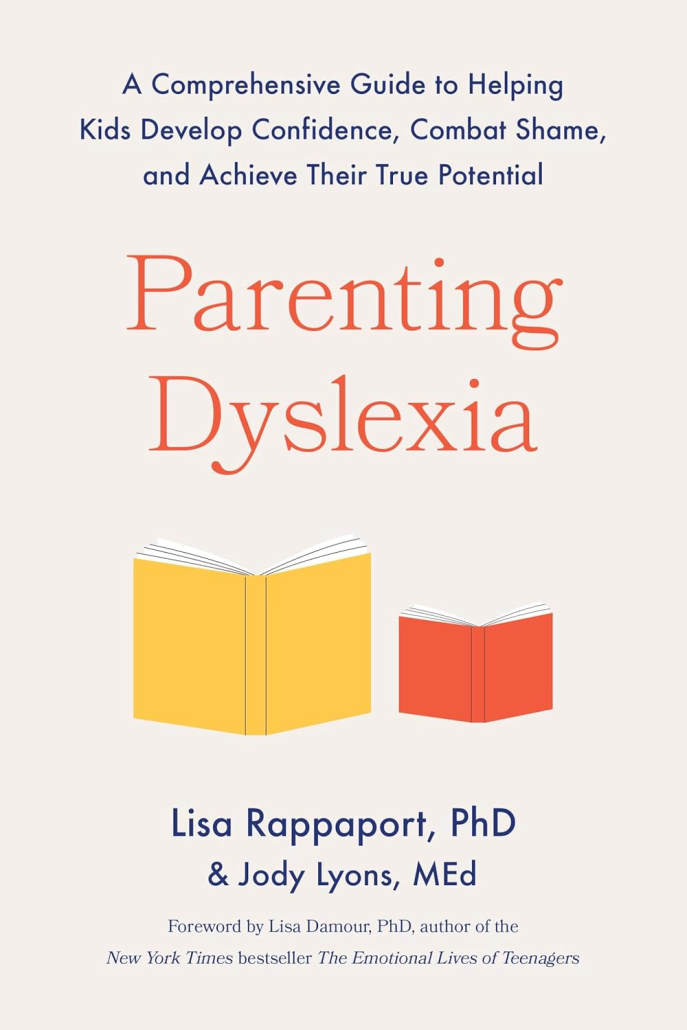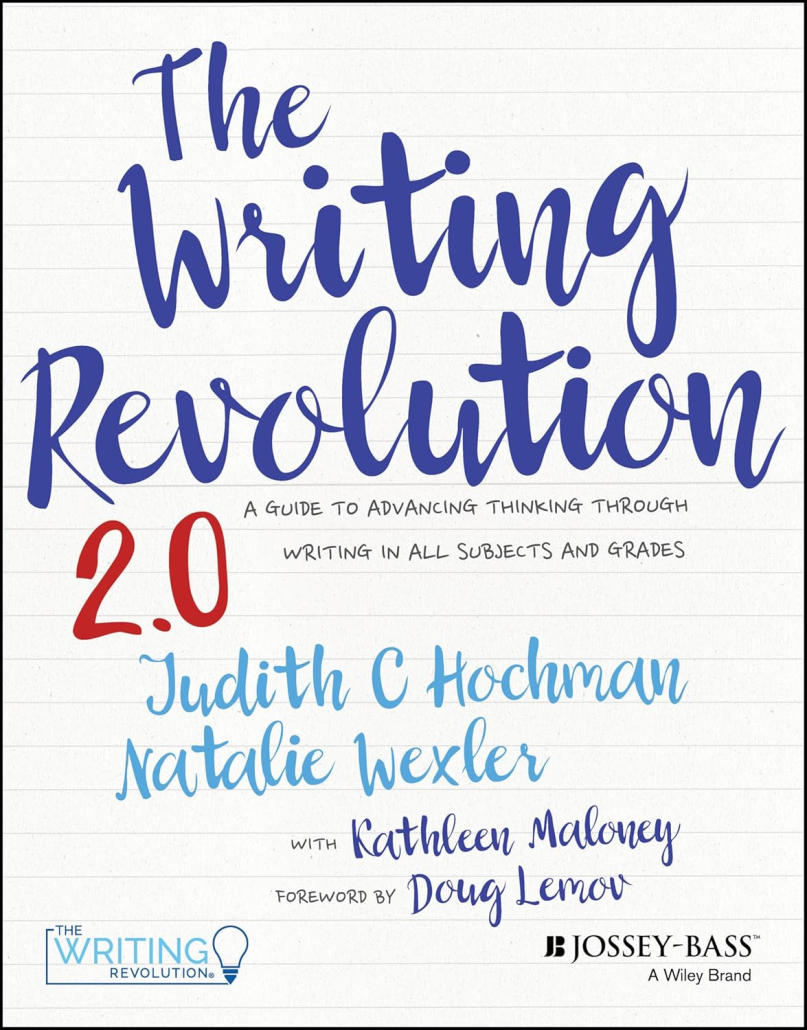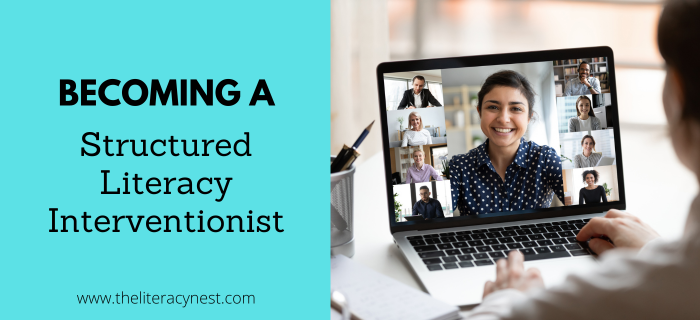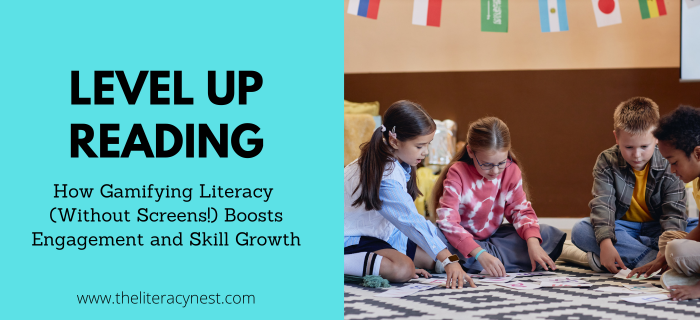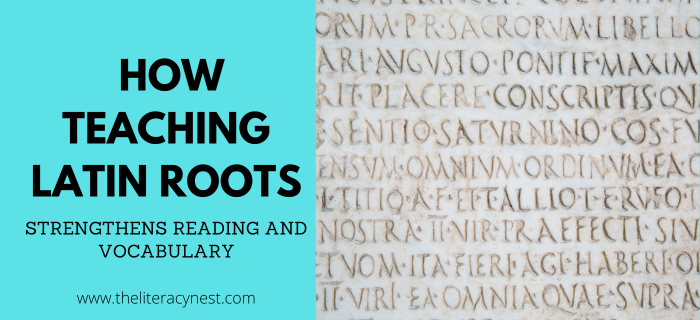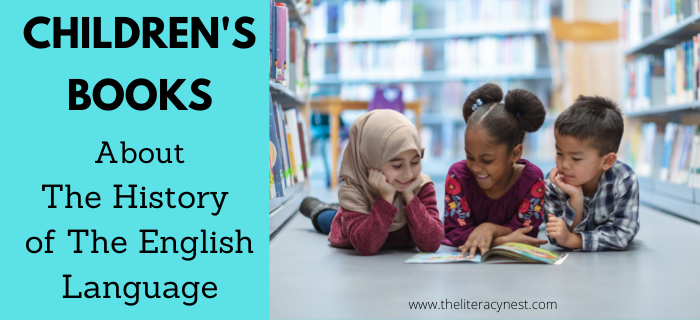Book Recommendations for Structured Literacy Teachers This School Year
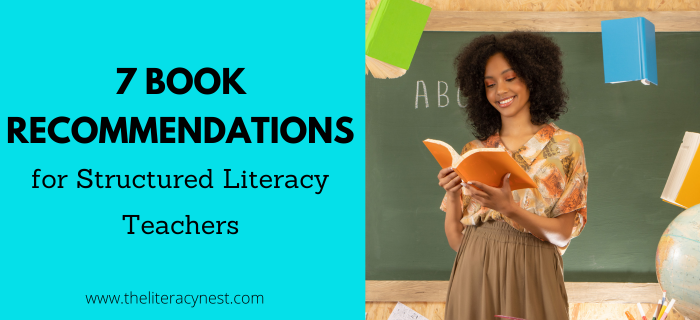
As structured literacy educators, we are always learning. Whether you’re a classroom teacher, tutor, or interventionist, the right professional development book can transform the way you teach—and support your students even more effectively.
This year, I’ve curated a list of powerful titles that align with the Science of Reading, support explicit instruction, and offer practical, ready-to-use strategies. These are books I’ve read, referenced, and loved—and I think you will too!
💡 Note: This post contains affiliate links, which means I may earn a small commission at no extra cost to you. I only recommend books I truly believe in!
🧠 1. Stick the Learning by Eric Saunders
If you’re focused on helping your students retain what they learn, this book is a must-read. Stick the Learning explores spacing, interleaving, and retrieval—three powerful strategies rooted in brain science that help information stick long-term. For more on interleaving, be sure to read Interleaving Strategy in Orton-Gillingham Lessons.
Saunders offers clear explanations and classroom-friendly routines to implement these practices right away. It’s ideal for anyone looking to increase student success with evidence-based methods.
📘 2. The Teach Like a Champion Guide to the Science of Reading
This new release brings the Teach Like a Champion framework into full alignment with structured literacy. If you’re wondering how to connect routines, decoding, comprehension, and engagement into a cohesive instructional model, this guide delivers.
You’ll find lessons on building fluency, vocabulary, and motivation in ways that are direct, joyful, and research-driven.
🧩 3. From ABC to ADHD: What Every Parent Should Know About Dyslexia and Attention Problems by Eric Q. Tridas
Understanding the connection between dyslexia and attention is key when supporting struggling readers. This book dives into how attention issues impact reading, behavior, and learning—and how to support students holistically.
It’s also a great resource to recommend to parents who are navigating both ADHD and dyslexia with their child.
🧠 4. Making Words Stick by Molly Ness & Katie Pace Miles
This book is all about helping your students develop automatic word recognition through orthographic mapping. Ness and Miles present a four-step routine to build strong, lasting connections between sounds, symbols, and meaning.
It’s perfect for structured literacy teachers who want to improve retention of sight words and high-utility vocabulary—and it fits seamlessly with OG routines.
✏️ 5. Big Words for Young Readers by Heidi Anne Mesmer
Teaching multisyllabic and morphologically complex words doesn’t have to be overwhelming. This book walks you through how to break down “big words” in ways that are engaging and effective for students in grades K–5.
With lesson examples and decoding routines, you’ll build your students’ word knowledge, fluency, and confidence—one syllable at a time.
💛 6. Parenting Dyslexia by Lisa Rappaport & Jody Lyons
Though written for parents, this compassionate guide is equally valuable for teachers. It explores how to support children with dyslexia academically and emotionally—while also empowering families to foster confidence, self-advocacy, and independence.
I highly recommend this one as both a personal read and a thoughtful recommendation to share with caregivers.
✍️ 7. The Writing Revolution 2.0 by Judith C. Hochman & Natalie Wexler
Writing instruction often gets left behind—but not in this book. The Writing Revolution 2.0 provides a clear, structured approach to teaching writing across subjects. It pairs beautifully with structured literacy and gives you sentence- and paragraph-level activities that support both writing and reading comprehension.
🧠 Final Thoughts
These titles offer a well-rounded professional development reading list—from brain-based instruction to morphology, ADHD support, and family partnerships. Whether you’re new to structured literacy or a seasoned OG teacher, each book offers strategies you can start using right away.
Which one will you read first? Let me know in the comments! 👇
And don’t forget to share this post with your team or fellow tutors.
Ready for more support this year?
Sign up for The Literacy Nest newsletter to get more book picks, freebies, and OG-aligned tips delivered to your inbox. Subscribe and receive a 15% off coupon to The Literacy Nest shop!💌
